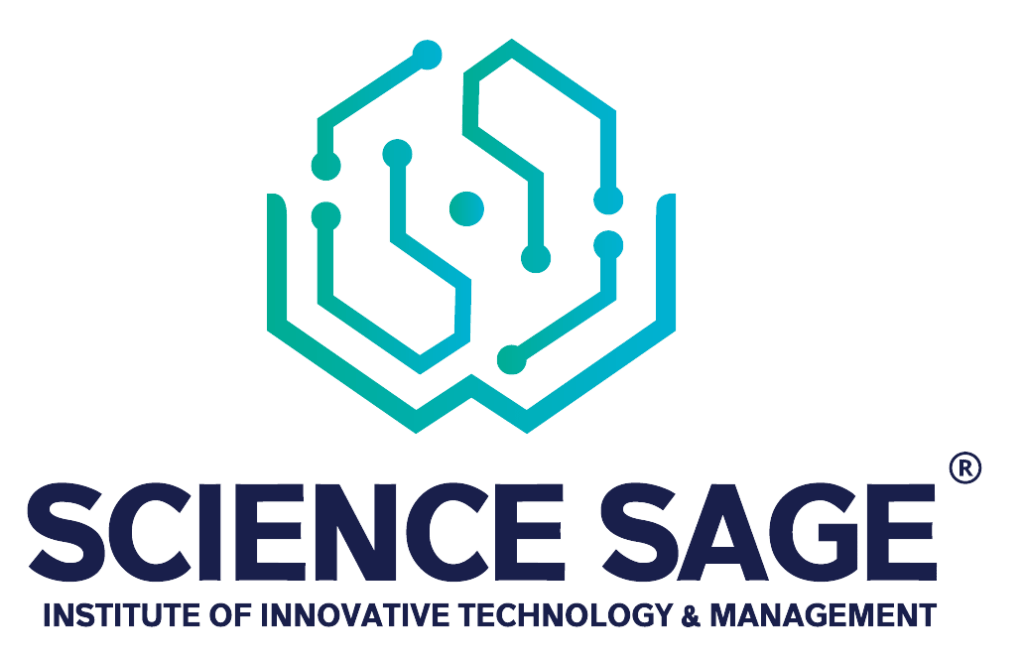- Prerequisites
- Higher Secondary Passed
- Course Duration
- 2 Years
The Advanced Diploma in Software Engineering with Artificial Intelligence is a comprehensive program designed to provide students with advanced knowledge and skills in software engineering principles and techniques, with a focus on artificial intelligence (AI) technologies. This diploma program typically covers a wide range of topics related to software development, AI algorithms, machine learning, deep learning, natural language processing, and computer vision. Below is a detailed description of the program:

Course Overview
- Duration: The Advanced Diploma in Software Engineering with Artificial Intelligence program typically spans one to two years, depending on the curriculum and institution offering the program.
- Curriculum: The curriculum encompasses advanced topics in software engineering and artificial intelligence, including theoretical foundations, practical applications, and emerging trends in the field. Coursework may include software design and architecture, programming languages and frameworks, database management systems, algorithm analysis, data structures, AI algorithms, machine learning techniques, deep learning architectures, neural networks, reinforcement learning, natural language processing, computer vision, and AI ethics.
- Practical Training: Hands-on training is a crucial component of the program, allowing students to gain practical experience in software development and AI technologies. Practical exercises, coding projects, AI model development, software prototyping, and real-world applications may be included to provide students with hands-on experience in applying AI techniques to solve complex problems.
- Industry Collaboration: Many diploma programs collaborate with industry partners, technology companies, AI research labs, and startups to provide students with exposure to real-world projects, case studies, and industry practices. Guest lectures, workshops, hackathons, and industry projects may be integrated into the curriculum to facilitate industry-relevant learning experiences and networking opportunities.
- Capstone Project: Students may be required to complete a capstone project or thesis, where they work on a substantial software engineering or AI project under the guidance of faculty mentors. The capstone project allows students to demonstrate their skills, creativity, and problem-solving abilities in developing innovative software solutions or AI applications.

Course Structure
- Core Subjects:
– Software Engineering Principles
– Object-Oriented Programming
– Data Structures and Algorithms
– Database Systems
– Operating Systems
– Software Design Patterns
– Web Development Technologies
– Introduction to Artificial Intelligence
– Machine Learning Fundamentals
– Deep Learning and Neural Networks
– Natural Language Processing
– Computer Vision
– AI Ethics and Responsible AI - Specialization Electives (Sample):
– Reinforcement Learning
– Robotics and Autonomous Systems
– AI in Healthcare
– AI in Finance
– AI in Business Intelligence
– AI for Internet of Things (IoT)
– AI-driven Software Development
– AI-driven User Experience (UX) Design - Practical Projects and Labs:
– Software Development Projects
– AI Model Implementation
– Machine Learning Experiments
– Deep Learning Projects
– Natural Language Processing Applications
– Computer Vision Projects
– AI-driven Software Prototyping
– AI Algorithm Implementation - Internship or Industry Placement:
- Many diploma programs include an internship or industry placement component, where students have the opportunity to gain practical experience working on software engineering or AI projects in industry settings, such as tech companies, AI startups, research labs, or IT departments of organizations.

Key Skills Developed
- Advanced Programming Skills: Proficiency in programming languages such as Python, Java, C++, and libraries/frameworks such as TensorFlow, PyTorch, scikit-learn, and Keras for software development and AI implementation.
- AI Algorithms and Techniques: Knowledge of AI algorithms, machine learning techniques, deep learning architectures, optimization algorithms, and probabilistic models for solving diverse AI problems and tasks.
- Data Handling and Analysis: Ability to collect, preprocess, clean, and analyze large datasets using data wrangling techniques, statistical methods, data visualization tools, and exploratory data analysis (EDA) techniques.
- AI Model Development: Experience in designing, training, validating, and optimizing machine learning models, deep learning networks, and AI systems for specific applications, domains, or use cases.
- Problem-Solving and Critical Thinking: Strong problem-solving skills, analytical thinking, and creativity to tackle complex software engineering challenges, AI problems, and optimization objectives effectively.
- Collaboration and Teamwork: Ability to work collaboratively in multidisciplinary teams, communicate effectively, share ideas, and contribute to collective efforts in software development projects or AI research endeavors.
- Ethical AI Development: Understanding of ethical considerations, biases, fairness, transparency, accountability, and privacy issues in AI development and deployment, and adherence to ethical principles and guidelines in AI projects and applications.

Career Opportunities
- Software Engineer: Graduates of the diploma program can work as software engineers, responsible for designing, developing, and maintaining software applications, systems, and platforms using AI technologies and techniques.
- AI Engineer: AI engineers specialize in developing AI algorithms, models, and systems for applications such as natural language processing, computer vision, recommendation systems, autonomous vehicles, and intelligent assistants.
- Machine Learning Engineer: Machine learning engineers focus on building and deploying machine learning models and systems for tasks such as predictive analytics, pattern recognition, anomaly detection, and decision support in various domains.
- Data Scientist: Data scientists analyze large datasets, extract insights, and develop predictive models using machine learning and statistical techniques to solve complex problems and inform decision-making in organizations.
- AI Researcher: AI researchers work on advancing the state-of-the-art in artificial intelligence through theoretical research, algorithm development, experimentation, and innovation in areas such as deep learning, reinforcement learning, and AI ethics.
- AI Product Manager: AI product managers oversee the development and launch of AI-powered products and solutions, including product strategy, requirements definition, project management, and collaboration with engineering and business teams.
The Advanced Diploma in Software Engineering with Artificial Intelligence provides students with advanced knowledge and practical skills in software engineering principles, techniques, and AI technologies, preparing them for rewarding careers in the rapidly evolving fields of software development and artificial intelligence. Through a combination of theoretical coursework, practical projects, hands-on experience, and industry collaboration, graduates are equipped to innovate, create, and deploy AI-powered solutions to address real-world challenges and opportunities in various domains and industries. With the growing demand for AI expertise and the increasing integration of AI technologies into software systems and applications, graduates of the diploma program are well-positioned to succeed and make significant contributions to the advancement of technology and society.
